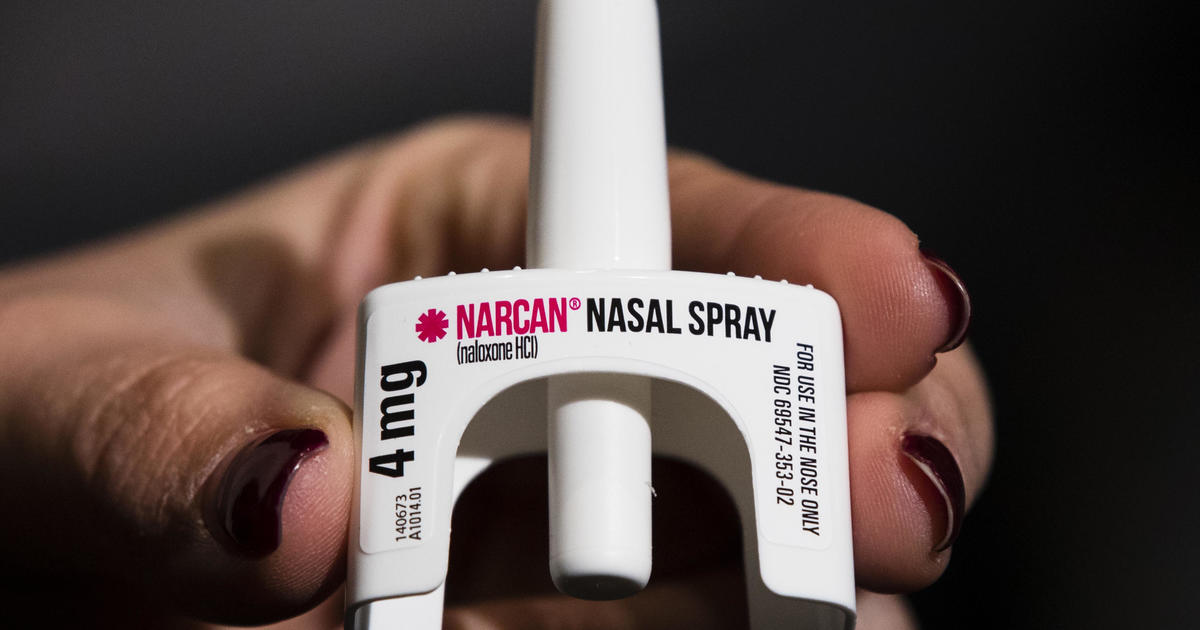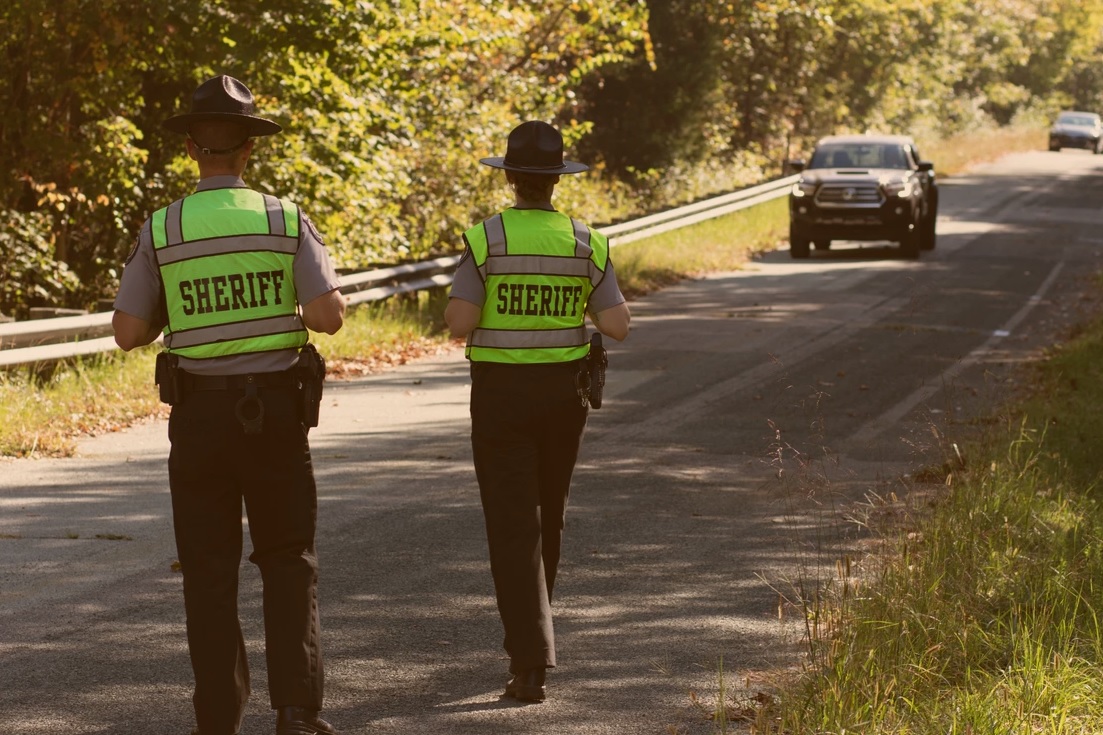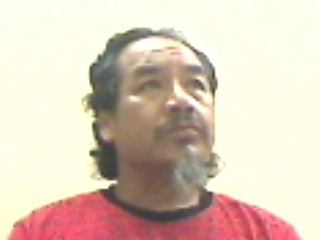There has been a paradigm shift in how law enforcement is handling the opioid crisis in North Carolina.
According to Carrboro police captain Chris Atack, this is a shift from punishing addicts to, in some cases, saving their lives.
“I think the opioids have kind of given us a window to shift our paradigm a little bit,” said Atack. “Law enforcement can have more of a direct role in actually helping people in the medical crisis.”
Nowhere is this paradigm shift put into practice more clearly than through Coordinated Opioid Overdose Reduction Effort, or the COORE program.
The COORE program was started by Orange County Sheriff Charles Blackwood, and it allows people with opioid addictions to walk into the sheriff’s office, put their opioids and paraphernalia into a medicine dropbox and be directly escorted to a treatment facility free of charge and without being arrested.
North Carolina Attorney General Josh Stein said arresting people with addiction is like arresting someone that suffers from obesity or other illnesses.
“We don’t imprison people for other illnesses, like heart disease,” said Stein. “In fact, we provide medical care to them. Yet, only a fraction, one out of 10 people, with addiction last year got any kind of effective treatment.”
Naloxone, a drug that reverses opioid overdoses, is now commonplace among police officers in Orange County and is spreading in popularity across North Carolina. It’s part of what Emergency Medical Services operations manager Kim Woodward called a harm-reduction strategy for the opioid crisis.
She said the next step in that strategy is giving people with addiction clean needles.
“With this opioid crisis, we’re seeing a resurgence of Hepatitis C and HIV,” said Woodward. “We want folks to realize that it’s not just the overdose that we’re concerned about, it’s the other ramifications of sharing dirty needles or coming into contact with these conditions.”
Atack said that needle-exchange programs, just like naloxone, will become part of law enforcement’s method of handling the opioid crisis soon enough.
“I think when we look at this and we see syringe exchange, I think in four years everyone will be on board with that from the law enforcement prospective because we get it,” said Atack. “It’s the harm-reduction philosophy.”
This whole conversation can be heard on the WCHL Community Forum.
Related Stories
‹

FDA Approval of Naloxone Could Mean More Access, Less Stigma for Addressing OverdosesThe FDA recently approved naloxone as an over-the-counter drug to help with opioid overdoses. Here's how that could change things on the local level.

Hillsborough Man Facing Drug Charges After Caught Carrying 150 Grams of HeroinThe Orange County Sheriff’s Office arrested a man following the discovery of several drugs during a traffic stop early Friday morning. Aaron Hersey, a Hillsborough resident, claimed responsibility for multiple substances and drug paraphernalia detected by a K9 unit during a routine stop near N.C. Highway 86 and Interstate 85. The sheriff’s office reported seizing […]

Authorities Asking for Help Identifying Woman in 1990 Orange County Homicide InvestigationOrange County authorities are renewing the call for information on a murder case 29 years after a body was discovered in the county. A work crew found the body of a young woman near the exit for New Hope Road on I-40 on September 19, 1990. The initial investigation found the woman had been dead […]

Suspect Arrested in Orange County on Heroin Trafficking ChargesOrange County authorities have charged a Graham man with trafficking heroin. Deputies with the Orange County Sheriff’s Office arrested 31-year-old Albino Nieto Ontiveros on Thursday following a buy. Officials from the Drug Enforcement Administration assisted local deputies in the arrest. Nieto Ontiveros was in possession of a kilo brick of heroin, which is “roughly the […]

Orange County Authorities Arrest Man on Indecent Liberties with a Minor ChargesOrange County authorities have arrested a suspect who is accused of sexually abusing a child who was spending the night at a friend’s house. Officials from the Orange County Sheriff’s Office said in a release that 43-year-old Reyes Rivera-Zapata was arrested on Friday and charged with one count of first-degree kidnapping, two counts of first-degree […]

Home Security Camera Leads to Orange County Breaking and Entering ArrestHome security footage has led to the arrest of a suspect in connection with a breaking and entering in Orange County. Authorities said a suspect broke into a home on Oakview Court on May 20 and set off the home security alarm. The suspect “left quickly without taking anything,” law enforcement officials said Tuesday. But […]

Federal Judge Sentences Orange County Man on Drug, Gun ChargesAn Orange County man has been sentenced to 28 years in prison by a federal judge this week on a series of drug and firearm charges. Federal officials said in a release that 38-year-old Roderick Lamar Sanford, of Cedar Grove, was sentenced on Tuesday after a guilty plea last August on charges of conspiracy to […]

Investigation Leads to 6 Arrests for Heroin, Fentanyl Distribution in Orange CountyA joint investigation by Carrboro Police, Chapel Hill Police and the Orange County Sheriff’s Office has led to the arrest of six individuals who “engaged in the distribution of heroin and fentanyl.” Law enforcement officials said in a release Tuesday that a joint investigation came about after an overdose death in Carrboro in June 2018. […]

DNA Technology Helps Solve 20-Year-Old Orange County Murder MysteryThe body of a 10-year-old boy found more than 20 years ago by a mowing crew under a billboard on I-85 in Orange County has been identified. The Orange County Sheriff’s Office said Tuesday that the latest DNA technology helped authorities identify the child as Robert “Bobby” Adam Whitt. The case file box has been […]
![]()
North Carolina AG on Opioid Epidemic: 'We Don't Imprison People for Other Illnesses'There has been a paradigm shift in how law enforcement is handling the opioid crisis in North Carolina. According to Carrboro police captain Chris Atack, this is a shift from punishing addicts to, in some cases, saving their lives. “I think the opioids have kind of given us a window to shift our paradigm a […]
›








